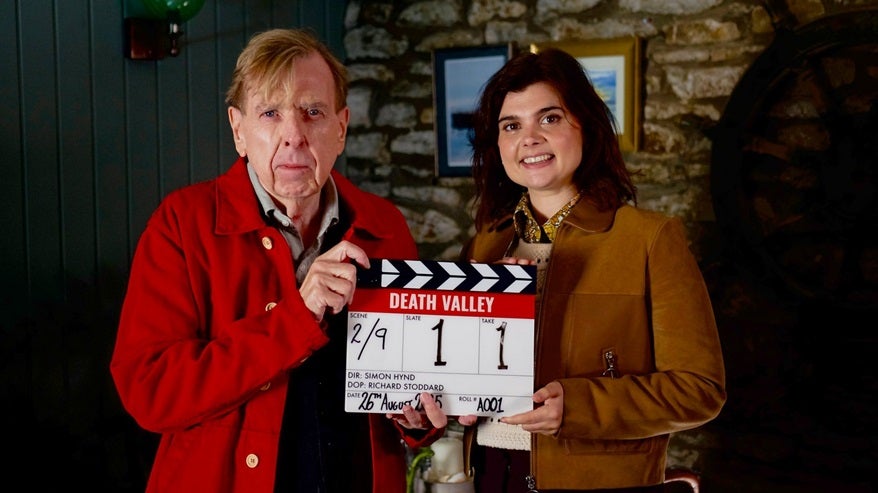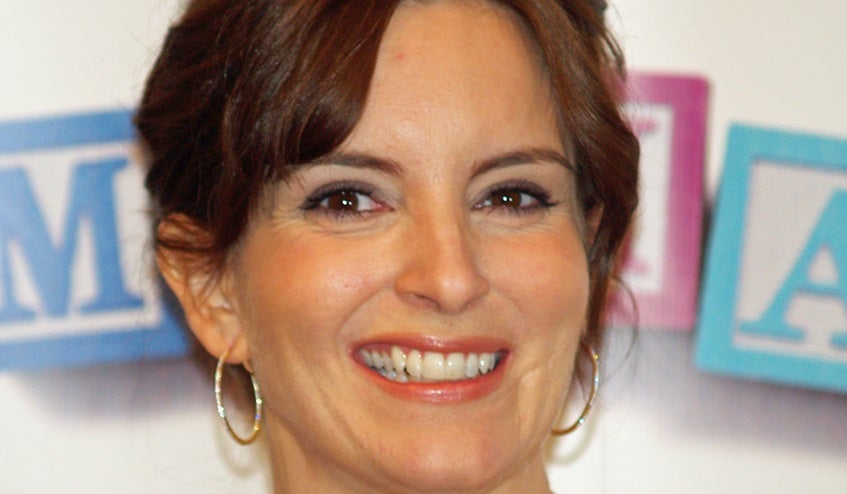Asante: Film industry needs diversity

Recently women in film have been a hot topic at several UK events. At the screen film summit and the London Film School annual show, influential members of the film industry delivered poignant statements on the sophomore slump that female directors seem to go through, and the lack of women at several levels in the industry.
At the Screen Film Summit, with almost 10 years between her first and second movie, Belle director Amma Asante said: “For a filmmaker, the first movie is tough – but I would argue that the second – or as Hollywood has affectionately labelled it – the sophomore movie, is at least as tough, if not more difficult to get off the ground. Those difficulties appear to become compounded when the filmmaker is female and/or of a minority.”
Asante admitted that she needed champions on both projects to support and nurture her. “They decided not only to invest in a movie, but to invest in the talent who would be behind it.” She stated that her champion, the late Chris Collins of the BFI, suggested that producer Damian Jones connect with her to develop Belle.
“I would argue, that whilst we must continue preserving, developing and building on opportunities for first time filmmakers – which is essential – we also need to reach a point where we are nurturing filmmakers beyond the first movie, through that sophomore project and beyond.”
Asante then set out a warning to the audience and the rest of the industry: “No industry can remain sustainable without new and diverse life blood and without those who have the opportunity to hone and develop their talents and skills to their most full potential.”
Kate Kinninmont MBE, chief executive of Women in Film and Television, reiterated Asante’s perspective: “Well lots of people have said to me, it’s to do with women having children, but actually it’s not. Directors UK looked to see if there was a pattern and actually, female directors are busiest between 35-45 years old, which is when most women have children, so it’s not that.
“I think it has a lot to do with risk and low risk. It doesn’t just affect women, it affects new voices in all their forms. Jobs are never advertised as people don’t want to take a risk, they’d prefer to go with somebody they know. That’s why we need to widen that out and get more new voices. That’s the way we’ll get the best people.”
Directing appears to be not the only area where women have been underrepresented in the film and TV industry. Recent and damning news came to light this week which shows that Sony’s Hannah Minghella, who serves as co-president of production at Sony’s Columbia Pictures division, makes $800,000 less per year than her male counterpart, Columbia Pictures co-president of production Michael De Luca.
Also, at the bottom of the production chain, we need more entries and more equality as Jane Roscoe, director of The London Film School, “It’s fantastic that we have women heading up organisations like the BBC and LFS, but the real problem is there are still a lot of women at the lower end of the industry, they’re not represented at every level.
“It’s not just about
Share this Article















